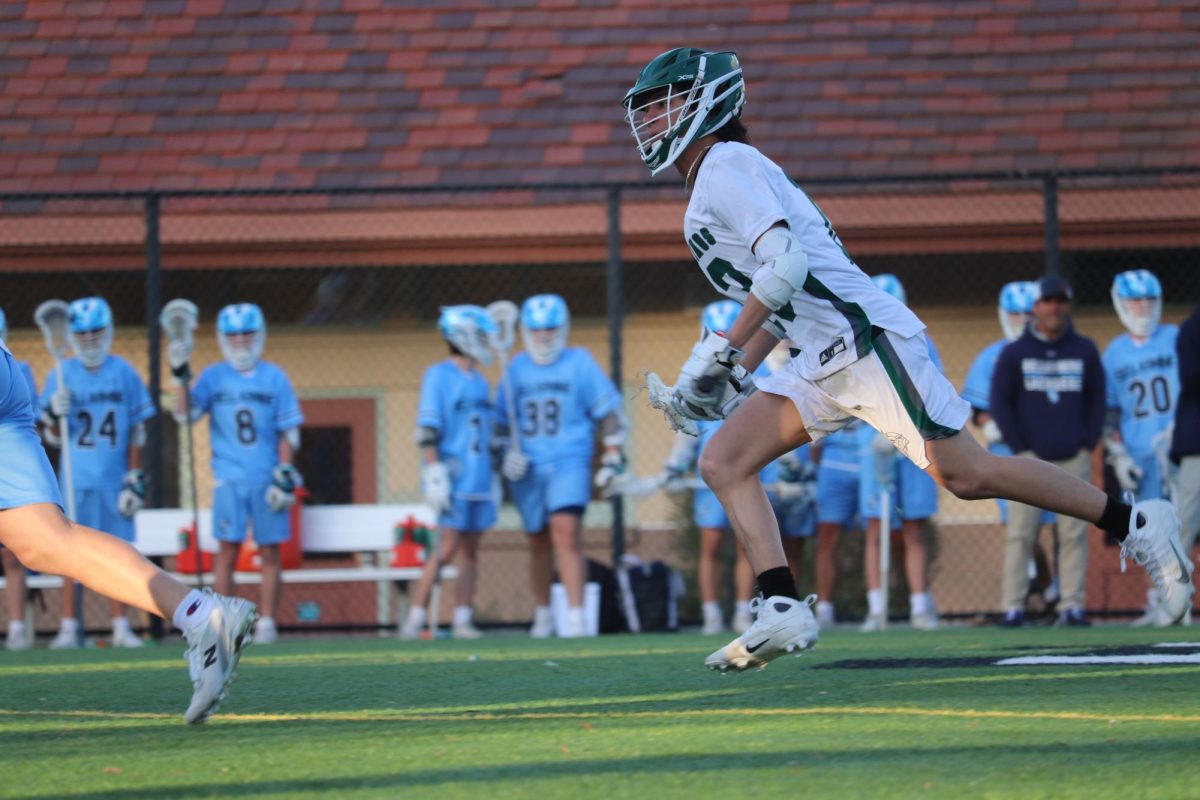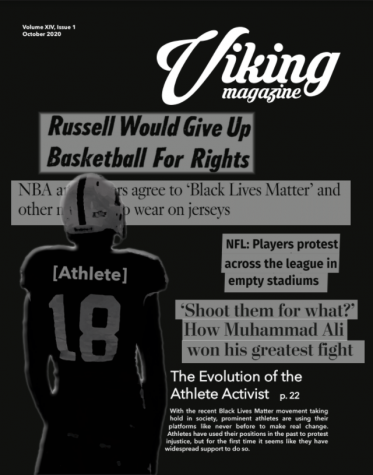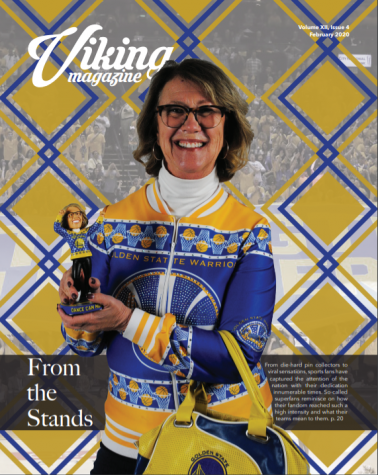Backlash
February 11, 2019
With a chance to beat the defending Super Bowl champions and continue the best season the Bears had seen in a long time, Cody Parkey lined up to kick the game deciding field goal. With a 75% score rate between 40 and 49 yards, Parkey was set to score and put the Bears into the second round of the playoffs for the first time in eight years. The stadium held their breath as the ball left Parkey’s foot and traveled through the air. The ball hit one goal post, then another and bounced out.
Although the call on his missed kick was later changed to a block, the chorus of boos from the stadium was overwhelming. The look on coach Matt Nagy’s face said it all. Teammates and fans left the stadium in disbelief.
Back in the locker room, Parkey took the full blame of the loss.
“I feel terrible,” Parkey said. “I let the team down. That’s on me. I have to own it. I have to be a man. Unfortunately, that’s the way it went today.”
Coach Nagy responded to Parkey’s interview calling the game a team loss.
“We always talk about a ‘we’ and not a ‘me’ thing […] we win as a team, we lose as a team.” Nagy said.
Unfortunately, both Eagles and Bears fans saw another side of the loss. It was Parkey’s fault. Eagles fans used cash-sending app, Venmo to pay Parkey.
“One dollar per goal post. Thank you, sir” an Eagles fan said on Venmo, sending Parkey $2.
In the digital age, fans and athletes are much closer and backlash on biffs like Parkey’s become magnified in places like Twitter and Instagram.
“Thank you for sucking! Go birds!” one Eagles fan said on twitter.
For some athletes, the backlash has become so severe that they have to stop showing their faces in public.
Safety and return specialist, Jabrill Peppers was the first round draft pick for the Browns but began the season miserably. After receiving many threats that nearly led to physical altercations, Peppers reported that he had to stop going to downtown Cleveland.
“For me, I have way more to lose than the average guy. So it puts me in kind of a funky situation where I can’t even go get daily toiletries or things without having to worry about something like that,” Peppers said.
Another NFL player who suffered from backlash is former Minnesota Vikings kicker Blair Walsh. He missed a 27 yard field goal against the Seattle Seahawks in the playoffs with just 22 seconds remaining ending the Vikings season.
Like Parkey, Walsh was devastated, “I didn’t come through for us, and that hurts,” Walsh said.
Although Walsh carried some of the blaime, his holder Jeff Locke experienced major backlash including many death threats over twitter. “@Hoff05 Jeff Locke can go jump off a bridge,” Twitter user tmohr_19 said. Walsh went on to play another lackluster season for the Vikings missing four of 16 field goal attempts and 4 of 19 PAT’s (Point After Touchdown).
Being a professional athlete in this day and age carries a lot more weight than just being a person who excels at their sport. Often the hopes and dreams of fan bases and teams lie on these individual athletes. When they inevitably slip up, the wrath of fans comes back to bite the hard working athletes.
In addition to the fan retaliation in instances like Parkey’s and Walsh’s, teammate and league reactions also add to the pressure. In the 2017 NBA finals, a slip up by JR Smith lead to the frustration of Lebron. Tied at 107 with 2 seconds to go and the ball in his hand, Smith turned and left the offense until the buzzer sounded. Fans and teammates were in disbelief and confused as to why he left the offense. At a post game conference, he admitted he thought they were up by one.
After scoring 51 points just to watch his teammate blow their chance to get a lead on the Warriors, Lebron exploded. He yelled at Smith, fuming at his lack of game awareness.
This confrontation between teammates spread, becoming at meme and showing the complex relationship between teammates when absolute perfection is expected.
The backlash that athletes experience from both teammates and fans tends to be much more public than a type of backlash that Colin Kaepernick experienced after his famous kneel during the national anthem.
Although there was a plethora of public backlash, the NFL quietly closed off Kaepernick’s options in an attempt to eliminate the controversy he was creating.
For those that are unfamiliar with Colin Kaepernick, he arrived on the NFL scene as a quarterback for the 49ers making his mark during the 2012 season by putting his team into the playoffs and gaining a reputation for his strong arm and agility. He also broke the league single-game record for rushing yards and the 49ers postseason rushing record.
He became a loved quarterback by niners fans until a reporter photographed him sitting during the national anthem in the 2016 season. The photo spread and the media went wild. Many called him unpatriotic and a disgrace to American citizens everywhere. In response to the backlash, Kaepernick explained he kneeled in solidarity with those affected by the police brutality incidents across America. Even though he was exercising a constitutional right of freedom of speech, the backlash was unreal.
But in addition to the public backlash online, a more shady and disturbing attack on Kaepernick was being orchestrated. Teams across the NFL put him on their blacklist, closing off his options and refusing to draft him. This systematic suppression of Kaepernick’s freedom of speech by the NFL is a worrying response to activism. Current NFL athletes sometimes use their influence and leadership to inspire change in the world as Kaepernick intended, but with the NFL threatening to cut players who speak out, athletes feel silenced.
Being a professional athlete in this day and age carries a lot more weight than just being a person who excels at their sport: Often the hopes and dreams of fan bases and communities lie on their shoulder. Because fan bases in professional sports are very expansive today, athletes who suffer setbacks or struggles will find themselves getting pointed at by fans (and the sports community) for the team’s failures. However, as Jabrill Peppers and others have proven, coming back stronger and better in the future will erase a lot of the negativity surrounding the player. Peppers has gone from being considered a “wasted first-round pick” to beloved after having a great season this past year, most notably recording two interceptions and a game-sealing sack against the Broncos.
Arguably the greatest basketball player of all time, Michael Jordan, was in the league for seven years before breaking through and winning a championship. His words about failure highlight how struggling is a part of not only sports but life, and still resonate today: “My failure gave me strength, my pain was my motivation.”











